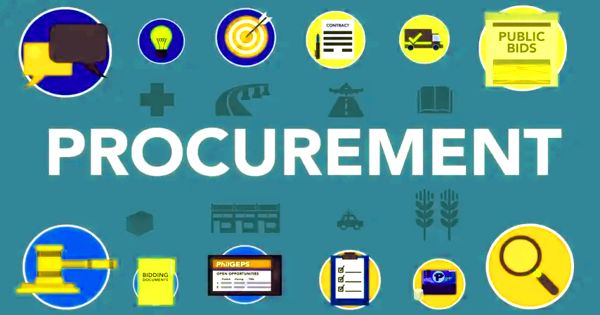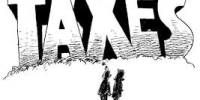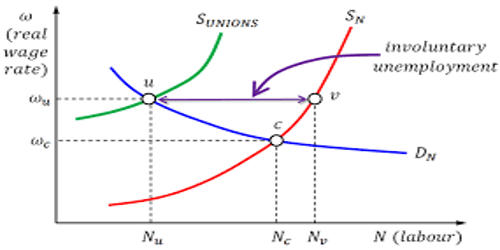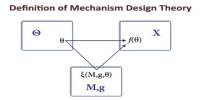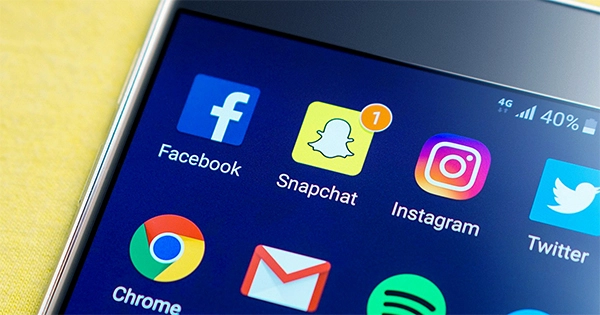Government procurement is the process by which the government acquires the goods and services it needs by purchasing from commercial businesses. It is a huge business market in the world economy. It is also known as, public procurement which is the procurement of goods, services and works on behalf of a public authority, such as a government agency. This is because the government operates using resources, goods, and services from the public, such as real estate, construction, office supplies, health care equipment, and many others. Amounting to 12 percent of global GDP in 2018, government procurement accounts for a substantial part of the global economy. Many businesses find it economically beneficial to enter this industry because they know that the government will buy what it needs from commercial organizations.
Public procurement refers to the purchase by governments and state-owned enterprises of goods, services, and works. Procurement is the purchase by the government of the following from the private sector, charities, and other organizations:
- goods – items such as pens, paper, laptops, desks, hospital beds, and medicines
- works – the construction, repair, and maintenance of assets such as roads, hospitals, and military equipment
- services – the delivery of functions such as adult social care, IT support, human resources, and consultancy.

Effective oversight of government procurement requires a clear picture of what the government is buying. To prevent fraud, waste, corruption, or local protectionism, the laws of most countries regulate government procurement to some extent. Individual public bodies should be able to easily determine how much they have spent on particular goods, services, or works and use this information to inform future purchasing decisions. Government procurement is necessary because governments cannot produce all the inputs for the goods they provide themselves.
Since agencies of the government use taxpayer money, there are a number of regulations on how to use it properly and responsibly. This is to say, government agencies are soliciting the public business sector for the goods and services they provide. Therefore, they must draw up legal contracts with suppliers in order to proceed. Laws usually require the procuring authority to issue public tenders if the value of the procurement exceeds a certain threshold. Prices must be pre-negotiated and fair, based on a predetermined set of terms and conditions. This is a very formal process that is required by law, in which government agencies issue bid proposals and seek responses from companies. Businesses that have products and services that the government wants to line up to bid on and receive work contracts, and must prove their viability and legitimacy in order to earn and keep them.
Government procurement policies and practices may constitute non-tariff barriers to trade if they discriminate in favor of domestic suppliers when competitive imported goods are cheaper or of better quality. Government procurement is also the subject of the Agreement on Government Procurement (GPA), a plurilateral international treaty under the auspices of the WTO. Consequently, private markets cannot provide public goods. Instead, the government provides those goods and finances them by raising taxes from all citizens.
Information Source:
